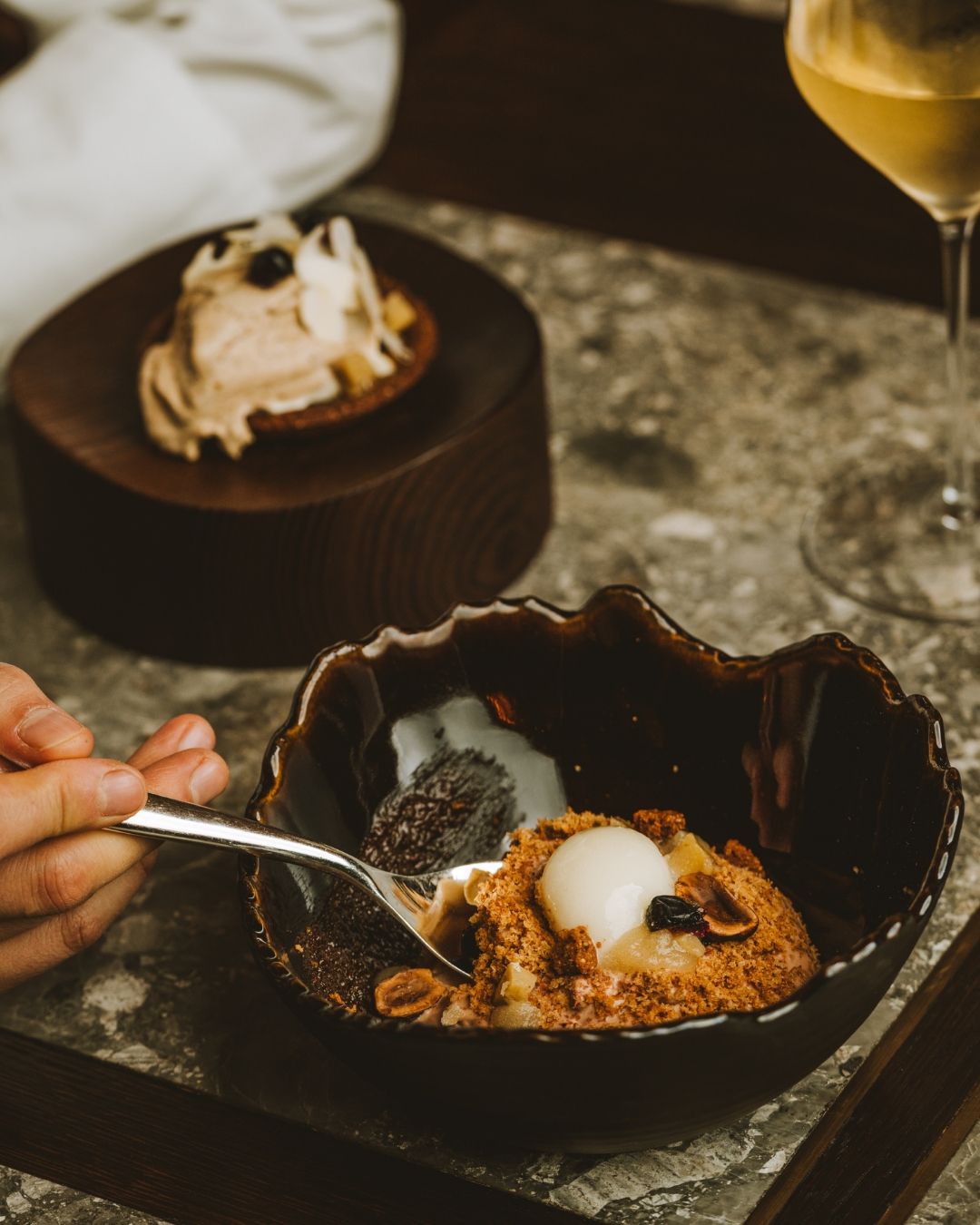
Why is solo dining becoming more and more complicated? We tend not to do it for fear of the judgement of others, but it is also true that restaurants do not favour it
Recently, El País, one of the main Spanish newspapers, told the story of Eduald and Anna, two Barcelona residents who were not allowed to dine at a restaurant because they were alone. Lately, especially in tourist areas of major cities, bars and eateries have increasingly been "bouncing" solo individuals, even if there are available tables, in favor of couples or larger groups, to maximize profits. For instance, Eduald wanted to dine on Carrer de Blai, the tapas-bar street in Barcelona's Poble Sec neighborhood, but he was turned away by three establishments: in one case, he was told the restaurant was only for groups, and in another, he noticed tourists being seated in his place. Anna had a similar experience, which she referred to as "ruthless capitalism" – despite available tables, she was turned away from a bar in the Catalan Eixample district solely because she was alone. The motivations behind this is the "fear of eating alone" due to the apprehension of being rejected – are purely economic: groups of people bring in more profit for a venue compared to a single individual, particularly when it comes to tourists who tend to spend more than locals.More broadly, this phenomenon is part of a series of changes stemming from the end of the pandemic and the resurgence of mass tourism in major cities. Many bars and restaurants, for example, have extended their service hours beyond the usual lunch and dinner times in an effort to attract more tourists and increase earnings. In this context, simply sitting and having a drink without ordering food is becoming less tolerated – indeed, being seated without ordering something to eat is not always permitted.
Learning to do more alone
The trend of bars and restaurants turning away solo patrons – a practice noted and criticized on social media as well – runs the risk of further discouraging people from going out and doing things alone. This is because the habit of giving up on something just because one is alone is already quite prevalent. Rebecca Ratner, a marketing professor at the Robert H. Smith School of Business, explained to The Washington Post that people tend to believe they have less fun when alone, underestimating how enjoyable an experience going to a museum, theater, cinema, or a restaurant alone could be. In her study titled "Inhibited from Bowling Alone," conducted with marketing professor Rebecca Hamilton, Ratner found that people think they have less fun when alone, but in reality, this is not the case: «When you compare an experience that is very similar whether done with someone else or alone [...], it turns out that there isn't a big difference in the pleasure derived from it.»
However, the issue isn't so much about whether one has more fun doing something with friends rather than alone; it's more about the discomfort that many fear they'll experience when going out alone for enjoyment. This fear often keeps people at home, even when they are aware that the experience could still be enjoyable. According to Ratner, this cognitive dissonance is driven by the fear of judgment from others: "We believe we wouldn't have fun because we're worried about what others will think of us being alone." This phenomenon is well-known in psychology and is called the "spotlight effect." The truth, as numerous studies have shown, is that people – in reality – judge and worry about others much less frequently than one might think. In fact, we consistently and regularly overestimate the interest others have in us. Ultimately, the best way to overcome the embarrassment of doing things in public alone is – simply – to do more of them. «We need people who are convinced that having fun alone is cool and courageous»c concludes. «Someone has to start this new trend.»




























































